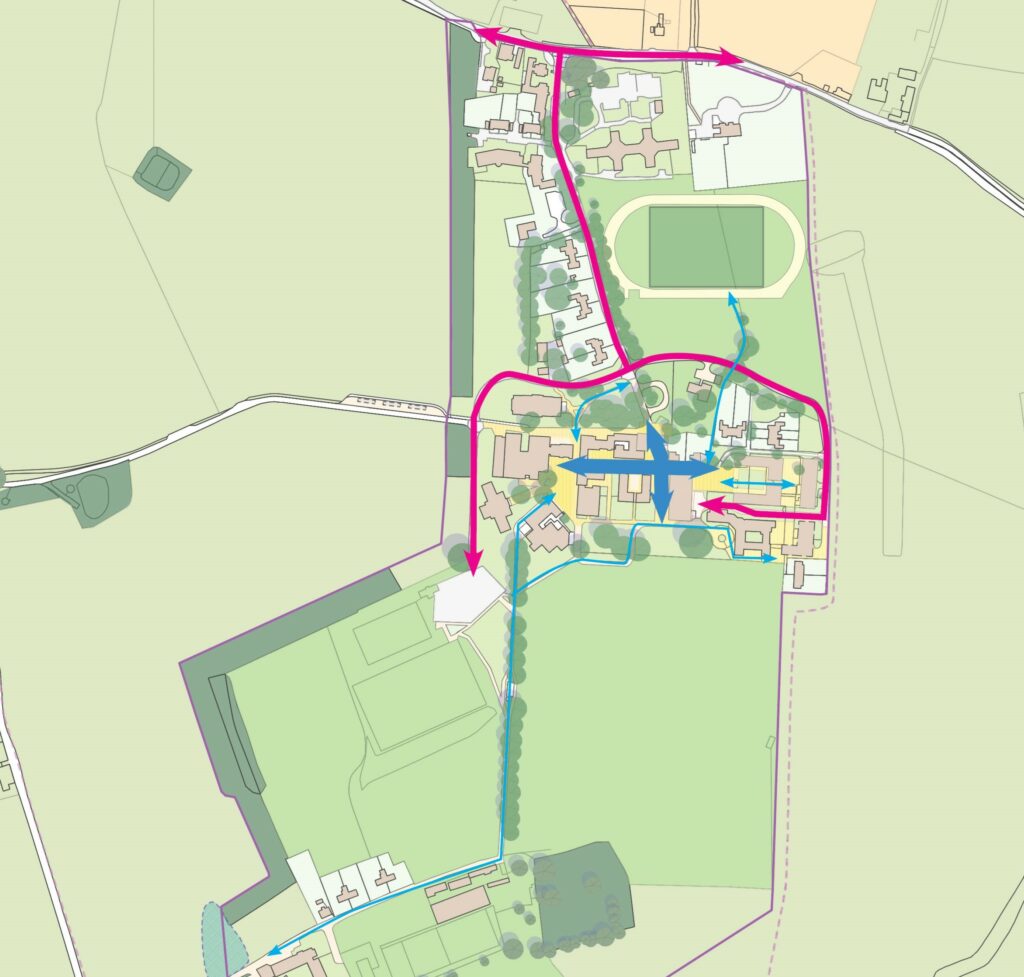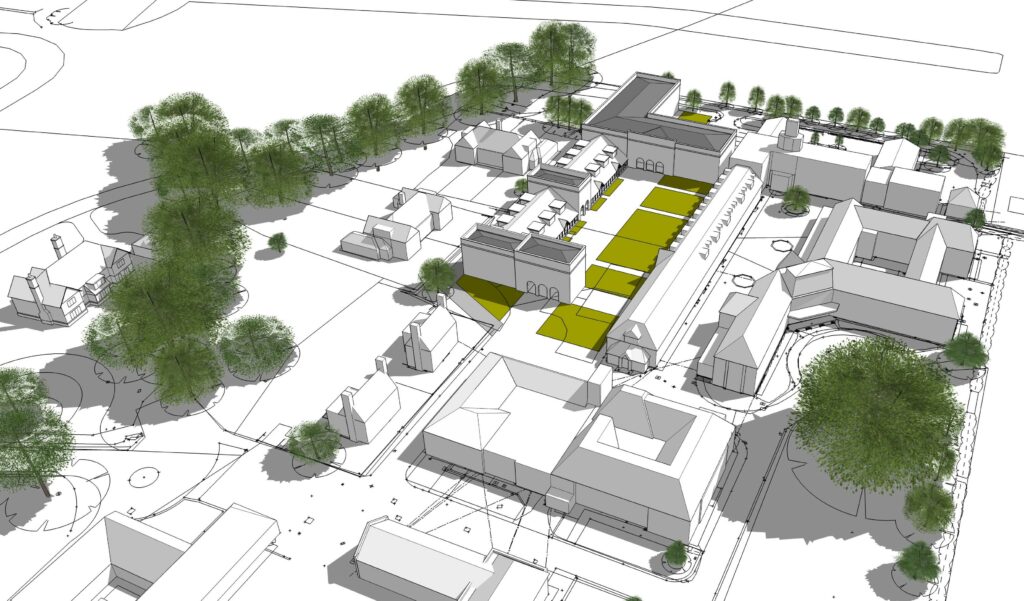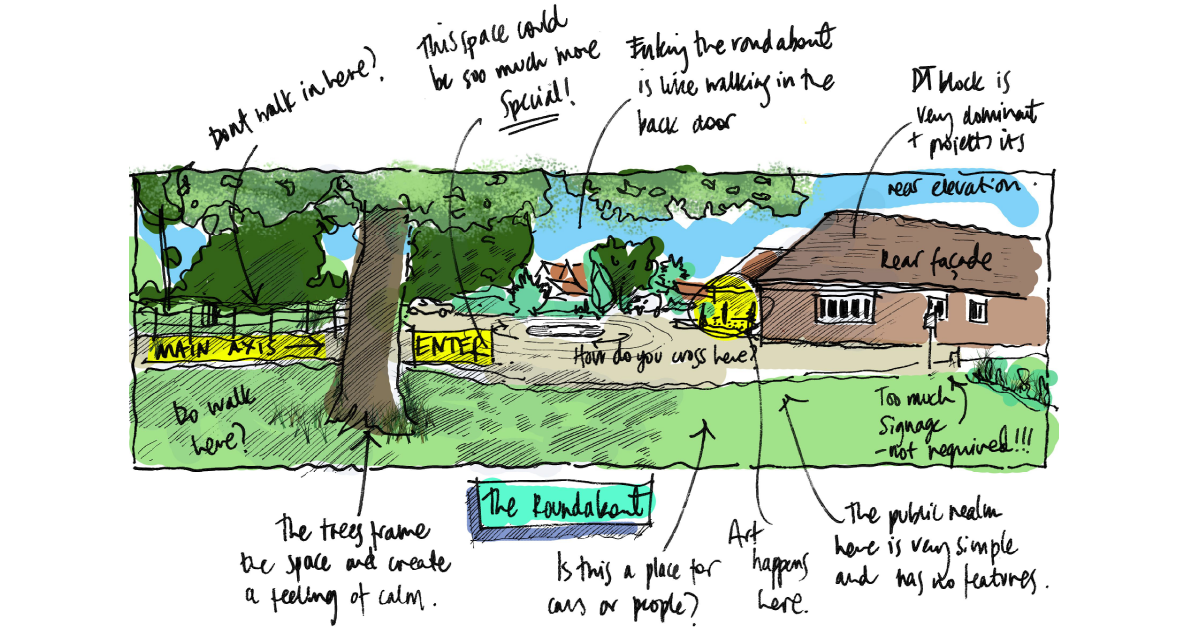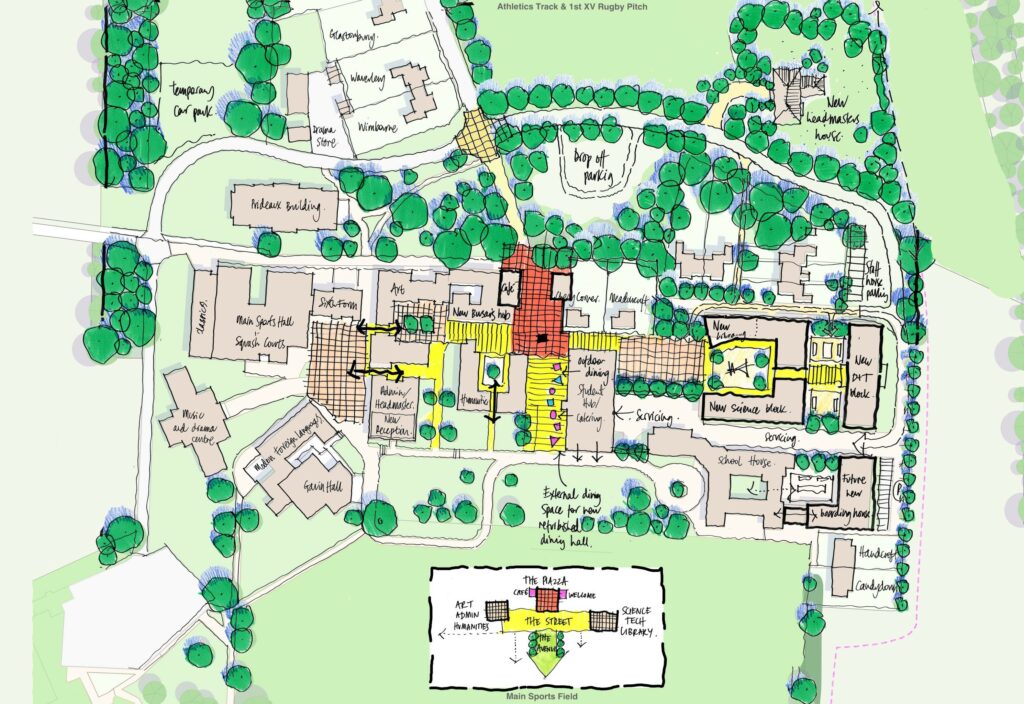Navigating the complexities of the planning system
Planning in the UK – especially in the higher-density areas of England – is sometimes described as a lottery. Constantly changing policy at both national and local levels combined with political interference can derail applications for planning consent. It’s widely recognised that local government planning departments are under-resourced meaning that even the simplest of planning applications can take months or even years to reach a conclusion.
Lowering risk through extensive research
Firstly, it’s important to understand that the UK planning system is policy-led. That means that if a proposal can be demonstrated to meet policy, then by default it should be approved. Of course, nothing is black and white in planning, and there will be occasions when elements of a proposal might conflict with specific policies and in these cases what matters is the planning balance. In other words, do the positives sufficiently outweigh the negatives? This comes down to the judgement of the planning officers dealing with an application, but can also be influenced by the politics of a planning committee. In these cases, it is up to the applicant to effectively argue the case.
The first and most important step for a school considering a significant development is to research planning policy and to do this well before engaging architects to draw up design proposals. It is simply wasteful of resources to have plans presented before understanding the policy background. Here at WWA our planning team can prepare a planning brief on every commission to inform our clients and designers of the key planning issues that need to be addressed through the design process. For example, this might include ecology, sustainability, height or density limits, energy standards, heritage issues, highway or transport matters etc. It is critical to know these issues before embarking upon design proposals because applications for consent can and will get refused if non-compliant with planning policy. With 350+ local planning authorities in England alone – each with their own local plan policies, do not assume that the National Planning Policy Framework alone is the only policy document you need to comply with.
Masterplan Approval
Given the complexities and cost of applying for planning permission, schools and colleges with ambitious development plans are best advised to prepare a Masterplan and to have this endorsed by the Local Planning Authority (LPA). There are several ways in which this can be done, including applying for the general principle of development via an application for ‘Permission in Principle’ or an Outline Planning Application or even a ‘hybrid’ application with elements of both outline and detailed plans included. The advantage of this approach is that the principal planning issues can be addressed once and for all at the outset, paving the way for Reserved Matters applications to come later for specific parts of the Masterplan.
To ensure buy-in from the local authority planning department, schools should consider entering into a Planning Performance Agreement (PPA). This is effectively a contract between the parties to work together to ensure a positive planning outcome. Specific planning officers at the Council can be named within the agreement, including third-party agents such as the local highway authority, with performance criteria set in terms of timescales and deliverables. Of course, there is a cost to this. LPAs will expect a fee separate from any application fee to ringfence resources, but it is a small price to pay for efficiency and usually saves money in the long term. PPAs are in effect an advanced and more reliable form of pre-application dialogue.
Think of the neighbours
Another benefit of the Masterplan approach is long-term savings in planning costs. Being open with the LPA over your long-term aspirations for development enables key issues to be addressed once and for all. For example, growth in school numbers can attract criticism from the highway authority and neighbours over perceived increases in traffic generation and activity. The LPA will likely demand a Transport Statement, Traffic Survey and possibly a Travel Plan to demonstrate how the growth in pupil numbers will affect the highway network locally.
All of this takes time and requires the appointment of specialist consultants. Creating a long-term Masterplan and applying for outline consent enables a single approval, which can be implemented in stages as the school grows. Subsequent Reserved Matters applications will no longer require such supporting documents to be commissioned since the outline consent will have covered these issues already. Additionally, where proposals are controversial, perhaps with neighbours, an endorsed Masterplan ensures that repeated arguments over development proposals are avoided, leading to a smoother ride through the planning system as each element of the Masterplan is submitted for detailed consent.
Pre-application request
It may be the case that a school is nervous about going public with a long-term vision but nevertheless wishes to ‘test the water’ with the planners. In this case, a pre-application request will enable you to discuss your plans away from public scrutiny with no obligation to then proceed with a planning application. Pre-application advice will normally only be made public once a formal application is lodged, unless a third party requests disclosure under the Freedom of Information Act (FOI) or Environmental Information Regulations (EIR). This is rare and some councils request applicants to complete a Pre-Application Confidentially Form to bring their attention to any information that applicants consider may, if disclosed, prejudice commercial or other interests or breach confidentiality and personal data. If in doubt, it is worth checking with the LPAs about how they deal with confidentiality before obtaining pre-application advice.

A typical campus Masterplan focussing upon vehicle and pedestrian separation
Forward-thinking
It’s fair to say that planners in local government appreciate the fullest background information to any development proposal and welcome a long-term vision from schools and colleges rather than piecemeal applications with no strategic direction. It’s better for the school as well. In my experience, individual extensions and new builds are sometimes constructed without an eye on the future and, in the following years, prove to be detrimental to the overall development of a campus. A Masterplan allows a longer-term strategy and vision to be created to avoid this happening, but it’s equally important to understand that Masterplans are working documents and should not be set in stone. Proposals will develop in future years as the educational offer varies and the school Masterplan should be revised periodically.

An outline three-dimensional Masterplan
Build the brand
Besides the built environment a Masterplan can cover other ‘softer’ aspects of the school estate. For example, developing a consistent approach to signage, lighting, hard and soft landscaping and the like through the development of an associated ‘design code’ that the estates team can follow when planning, maintaining or replacing external features. In this way, a beautiful and consistent appearance and ‘brand’ can be experienced when moving about the school estate.
Written by Philip Waddy, Managing Director, WWA Studios





